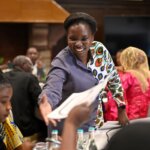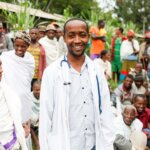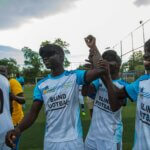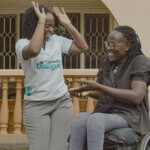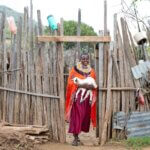- Economic Empowerment
A new report offers insights into how NGOs and other organisations can successfully co-create projects that spark lasting change.
The challenge was unique: design a programme, across seven countries and with multiple partners, for young people with disabilities to access dignified and fulfilling work.
We Can Work, a partnership between Mastercard Foundation, Light for the World and the African Disability Forum, enables young women and men with disabilities in Ethiopia, Kenya, Uganda, Rwanda, Ghana, Nigeria and Senegal to access dignified and fulfilling work by 2030.
What is co-creation?
Co-creation is a participatory approach to programme design, which elevates and amplifies the voices and experiences of programme participants.
In 2023, the “co-creation year” for We Can Work, young people with disabilities took an active role in sharing their challenges to work and considering potential solutions.
Here is what we learned, with five tips for NGOs to successfully co-create a new programme.
1. Identify the challenge
To solve a problem, NGOs need to know what they’re up against.
Globally, only one in four (27 per cent) people with disabilities are employed, compared to 56 per cent of people without disabilities, according to the United Nations.
And young people aged 15 to 29 with disabilities are up to five times more likely to not access education, employment or training than their peers without disabilities, according to the International Labour Organization.
The challenge defined for We Can Work was: how can young Africans with disabilities be supported to access dignified and fulfilling work?
2. Study the problem
Once the overall challenge was defined, we had to understand it deeply.
The We Can Work team conducted a barrier analysis to identify, and closely analyse, the root causes of the problem. Activities included consultation workshops, where young people with disabilities shared their difficulties accessing work and discussed the social barriers they face.
We collaboratively explored the root causes and discussed topics including:
- attitudes, beliefs and access to work
- representation, engagement in leadership and decision making
- community building
Participants shared their experiences and potential solutions and opportunities.
“If we don’t create the right level of awareness, nothing will change,” said one participant from Uganda.
“Not because the employers don’t want to (employ people with disabilities), but because they are unaware.”
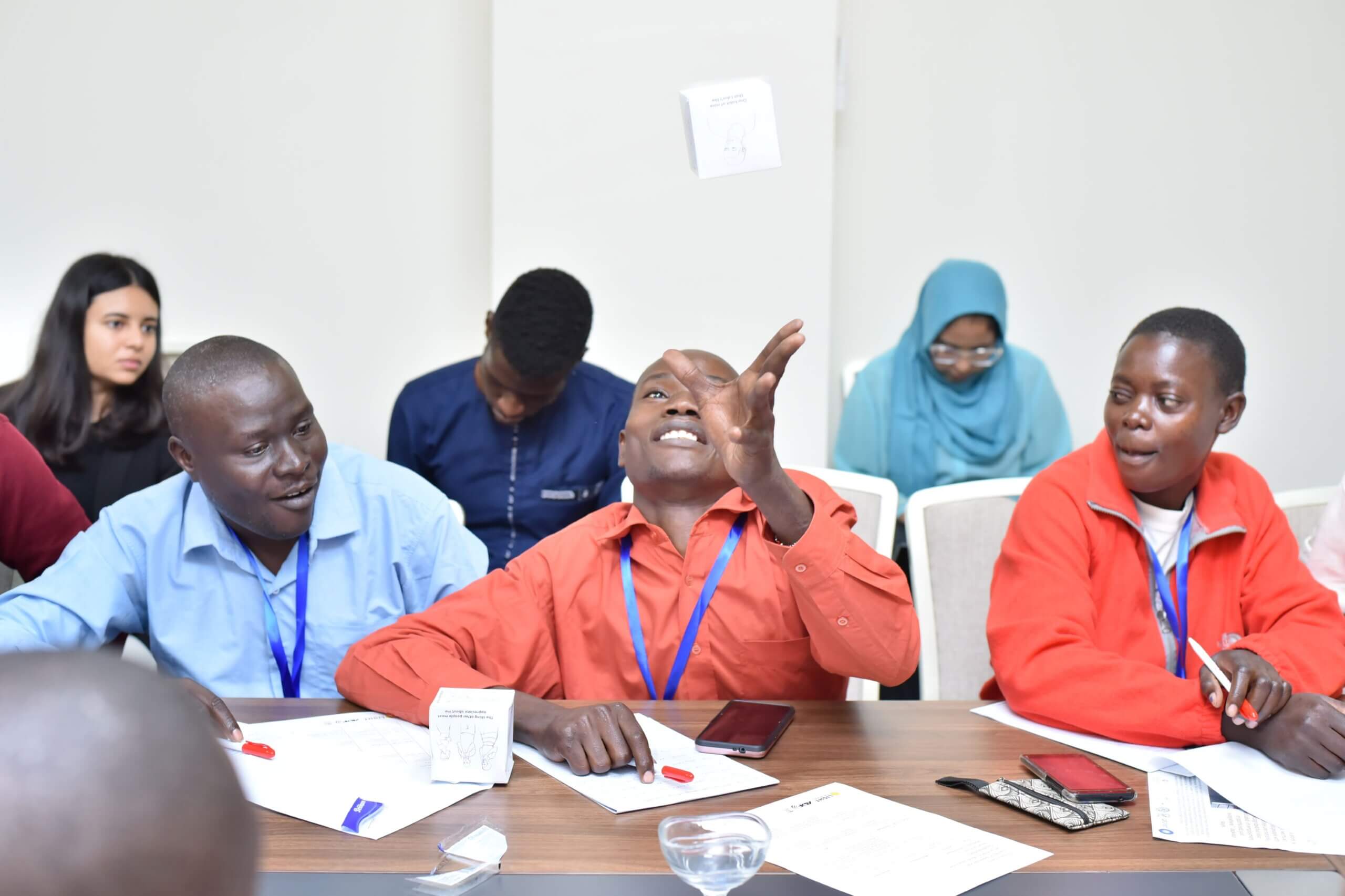
3. Include a range of voices
For a truly collaborative approach to programme design, it is essential for organisations to listen to and understand diverse views and experiences.
For the We Can Work barrier analysis, for example, 248 individual interviews were held with various stakeholders, including leaders of Organisations of Persons with Disabilities (OPDs), human resources managers and government officials. There were 82 focus group discussions, featuring 656 young people with disabilities.
We did not only engage our programme and funding partners. Young people with disabilities, caregivers, political leaders, businesses and youth and women’s rights organisations were also invited to contribute.
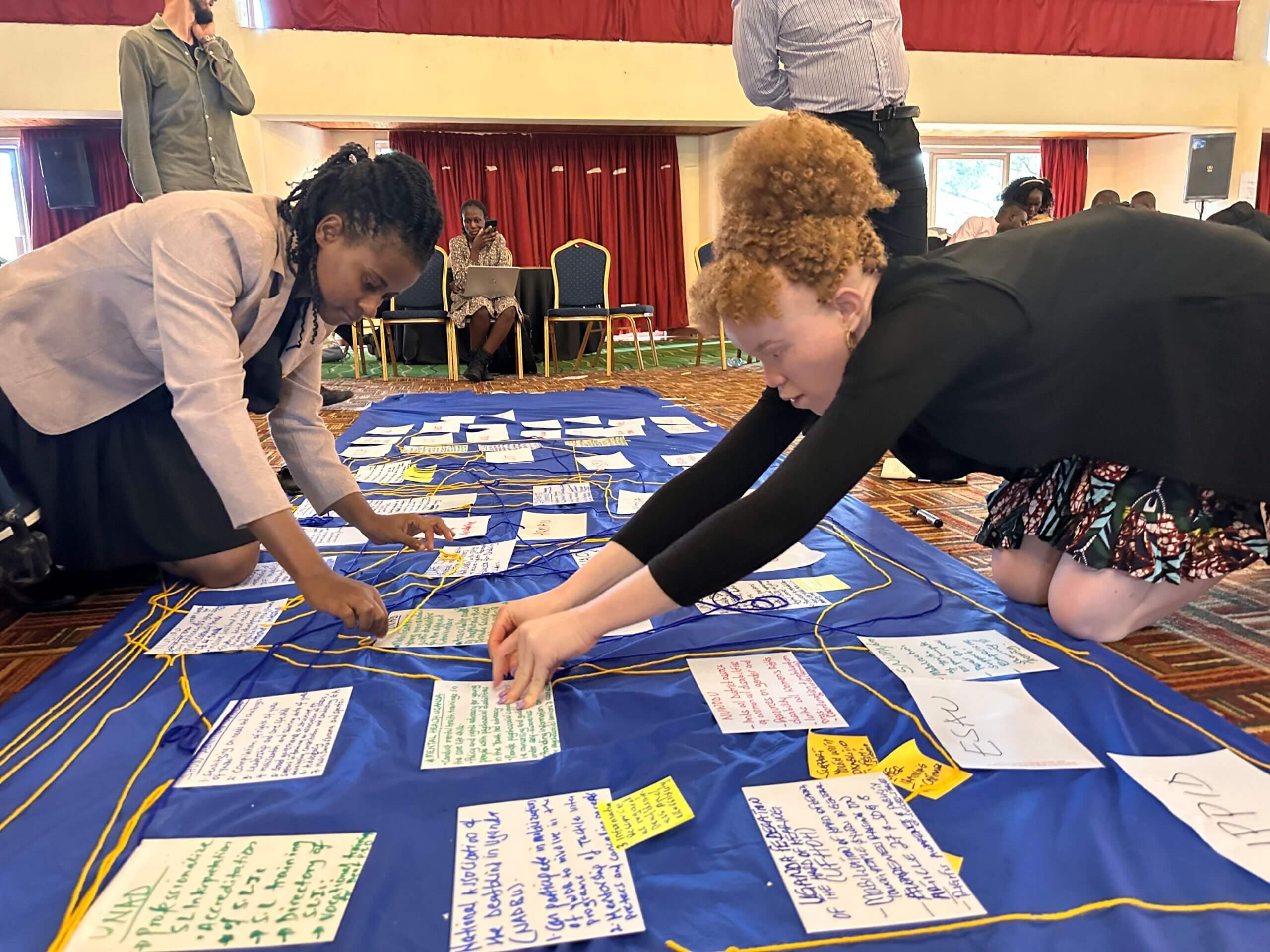
Representatives from each country contributed and ideas were shared across borders. This approach ensured everyone involved understood and felt ownership of the programme.
“Community, in my understanding, is a group of people with like minds, looking out for each other and sharing in each other’s happy and sad times,” said one participant from Nigeria.
4. Put people with lived experience at the centre
All decisions in designing the We Can Work programme were informed by the lived experiences, preferences and priorities of those who would be directly impacted by it.
During practical co-creation weeks, we compiled ideas and evidence generated from prior discussions and worked closely with young people to further define the programme’s approach.
With young people with disabilities at the centre of decision making, the solutions that emerge are more likely to be sustainable.
“Having youth in the lead, particularly in a country like Uganda where the majority are below 35, including persons with disabilities, is pivotal,” said Naome Akwee, a Disability Inclusion Facilitator from Uganda.
“Their energy, confidence, and firsthand understanding will drive meaningful change.”
Practical recommendations, which will inform the programme, include the need for a waged employment track — or training path — and an entrepreneurship track.
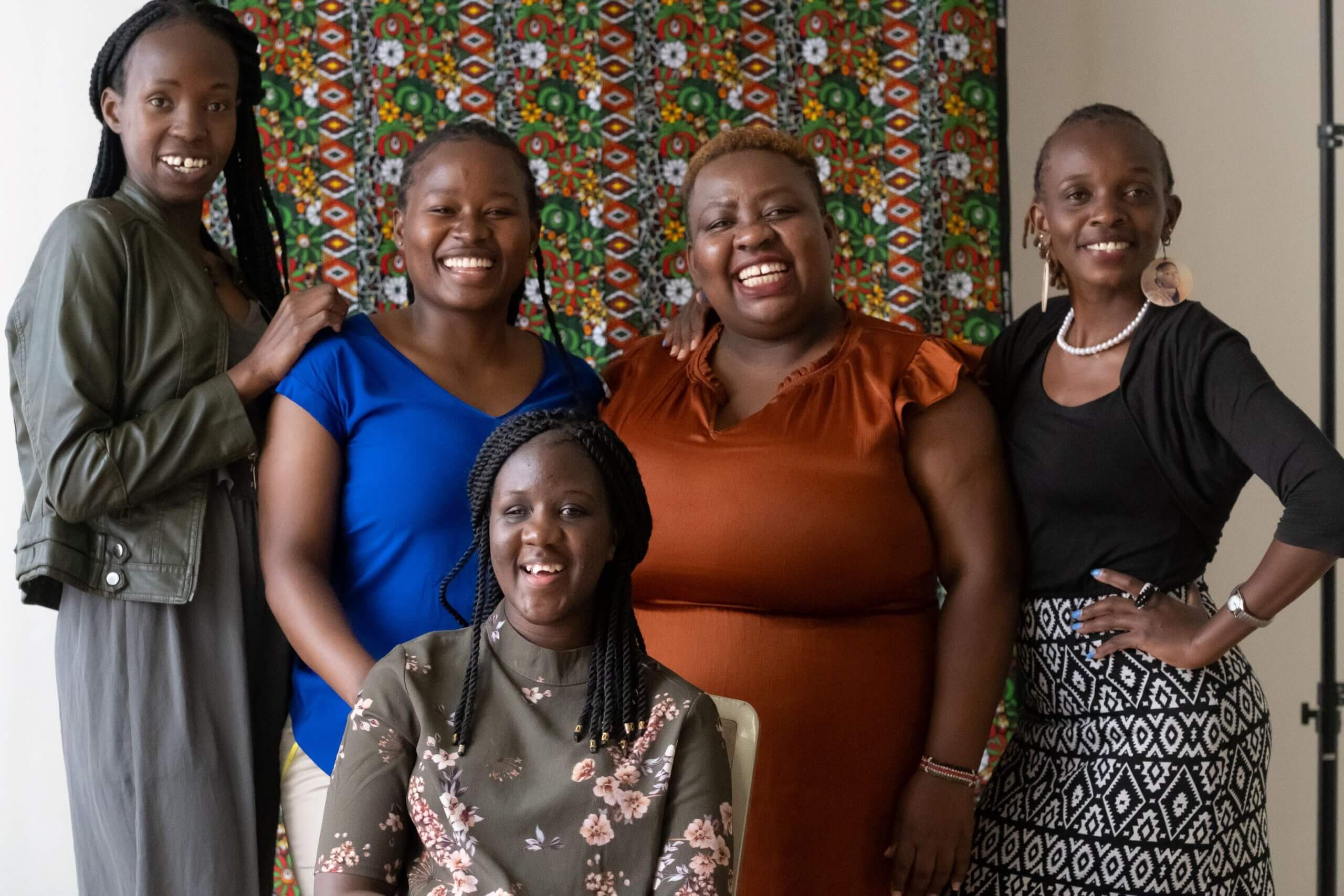
5. Test and learn
To successfully co-create a programme, the NGO sector must be open to challenging preconceptions, embracing innovation, and hearing and testing new ideas.
We learnt a lot in our co-creation year. With these new insights, we launched a pilot year for We Can Work at the start of 2024 to start putting theory into practice.
This year, we are testing the interventions we developed on a small scale. The lessons learned will help adapt and improve the We Can Work programme in the coming years.
“Allowing participants to have a voice in projects has a profound effect on their enthusiasm when reflecting on the work,” said Andera Delfyna (pictured above, main image), Learning and Innovation Expert at Light for the World.
“It’s about them feeling their voice matters and that they have a say in what their life becomes.”
The We Can Work Co-creation Report is available at: https://light-for-the-world.canto.global/b/TBGNR
For more information on how to co-create a new programme, check out the following resources:
- What is Co-Creation? (USAID)
- A Path Forward: How Co-Creation Led Us To A Fundamental Change (Global Giving)
- ‘People Need To Participate in the Design of Things That Are Meant for Them.’ (Aspen Institute)
